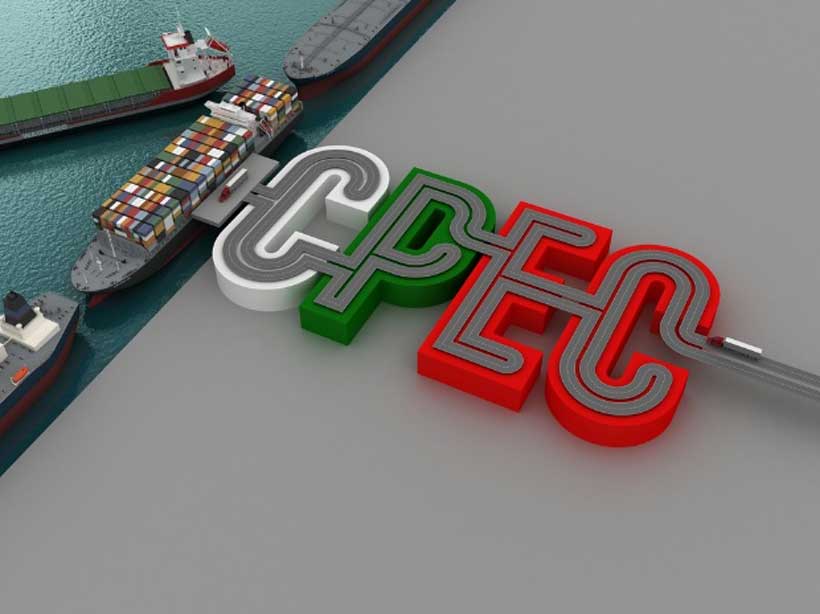BEIJING: The China-Pakistan Economic Corridor (CPEC) stands as a testament to the evolving landscape of international trade and economic cooperation.
Spanning infrastructure projects, energy ventures, and economic zones, CPEC aims to bolster connectivity and development between China and Pakistan, while also potentially benefiting neighbouring regions. It is predicted that CPEC will result in the creation of upwards of 2 million direct and indirect jobs by 2030, and could add up to 2.5 percentage points to the country’s annual economic growth. At present, the estimated interest-based loan component of CPEC payable to Chinese commercial banks is around $10 billion, while bilateral Chinese loans on conventional terms are close to $13 billion.
Amidst this ambitious endeavour, Islamic finance can play a pivotal role in reshaping the financial architecture of CPEC projects and fostering sustainable growth grounded in ethical principles that are in line with the belief system of the local population.
Islamic finance, guided by Shariah principles, embodies ethical and equitable financial practices. Central to Islamic finance are concepts such as risk sharing, asset ownership and the prohibition of interest, exploitation, and uncertainty.
Financing transactions under Islamic modes can be based on profit-sharing investments, equity partnerships, and leasing of real assets like infrastructure projects and industrial plants, ensuring alignment with ethical and moral values. The innovative modes can help in avoiding fixed interest loans or debt-based lending where the borrower is bound to pay interest irrespective of the profit generated by the business or even when a project or infrastructure is still not usable. Thus, selecting the right Islamic finance can help in reducing the typical risk of conventional finance where the borrower is exposed to the burden of project risk.
From a strategic point of view, Islamic financing offers several distinct benefits to countries like Pakistan to fund CPEC projects as compared to the conventional financing methods. Further, it can benefit China as shifting to Islamic modes reduces the reputational risk related to interest-based funding including over-indebtedness, earning interest while projects are not delivering, religious misalignment with local beliefs, and it will also align the financing with the constitutional requirement. –Agencies





